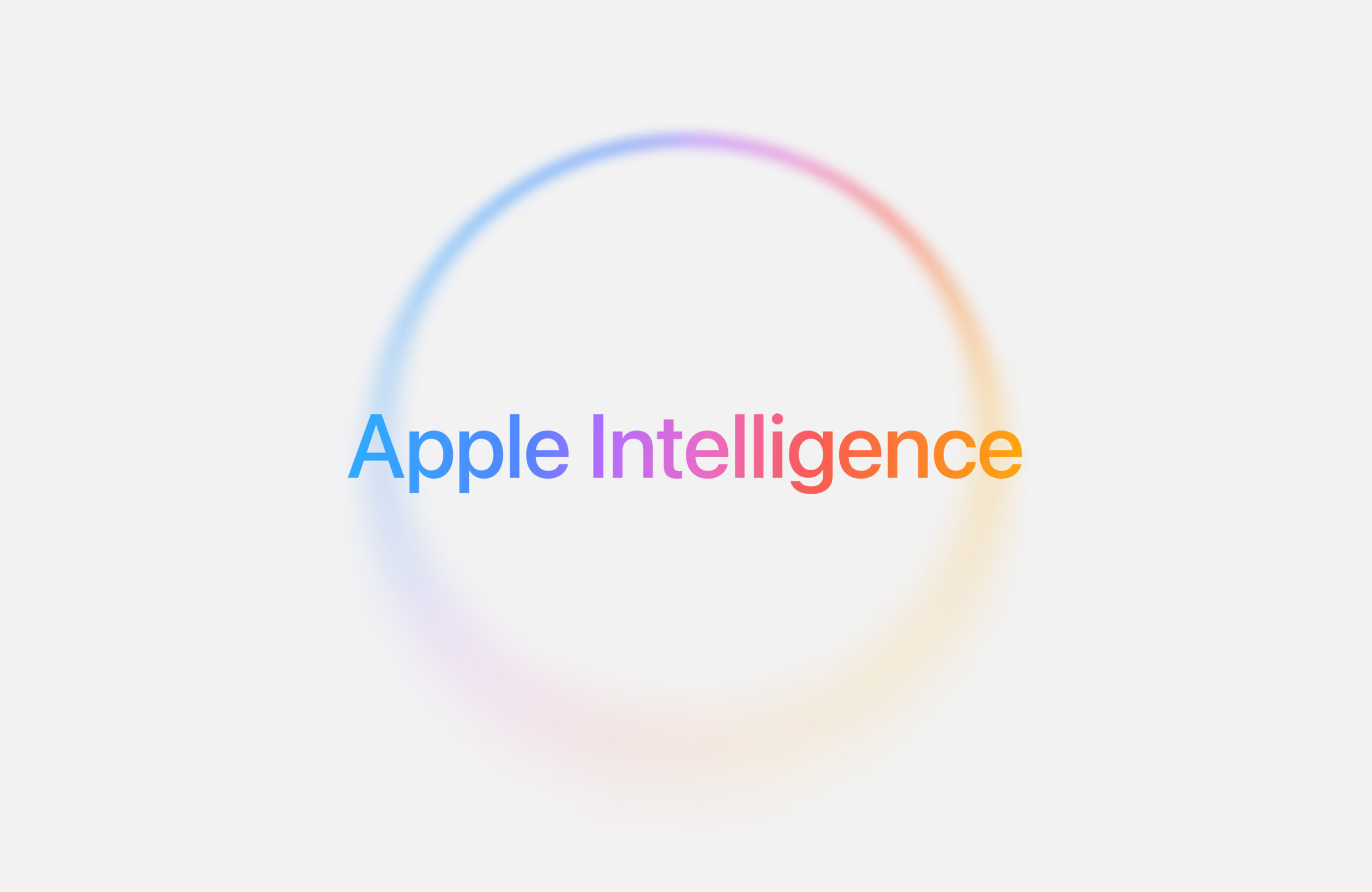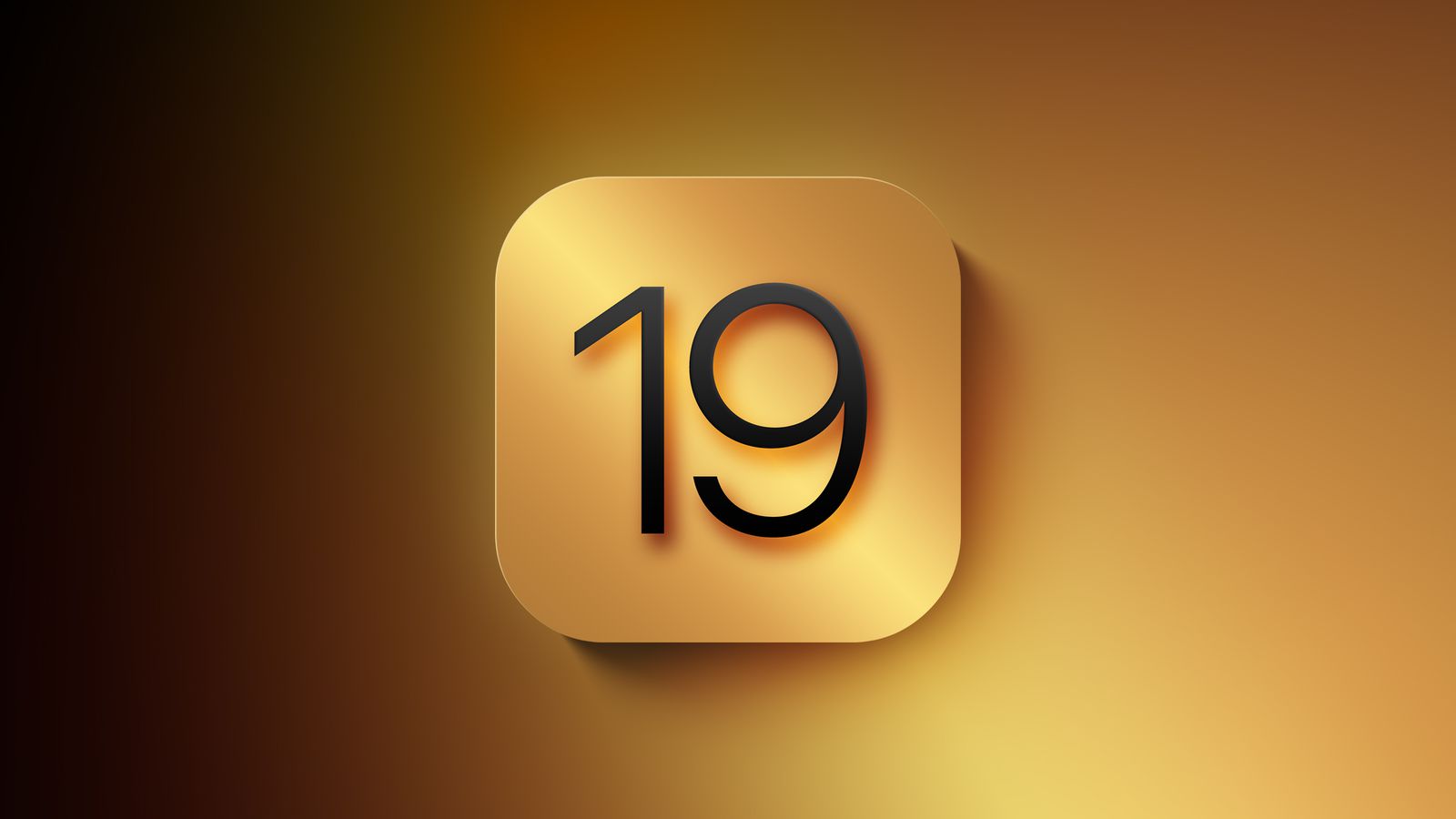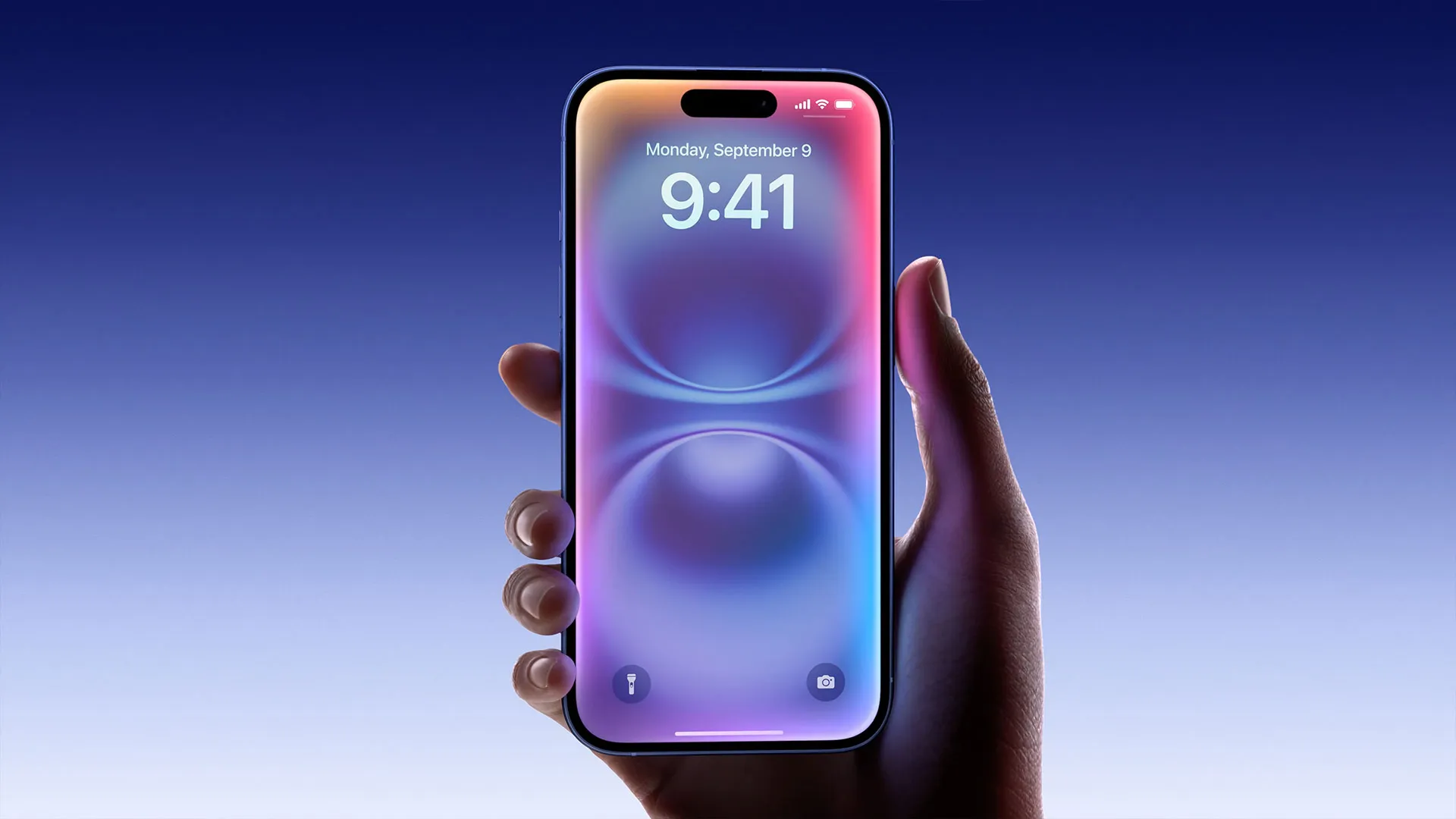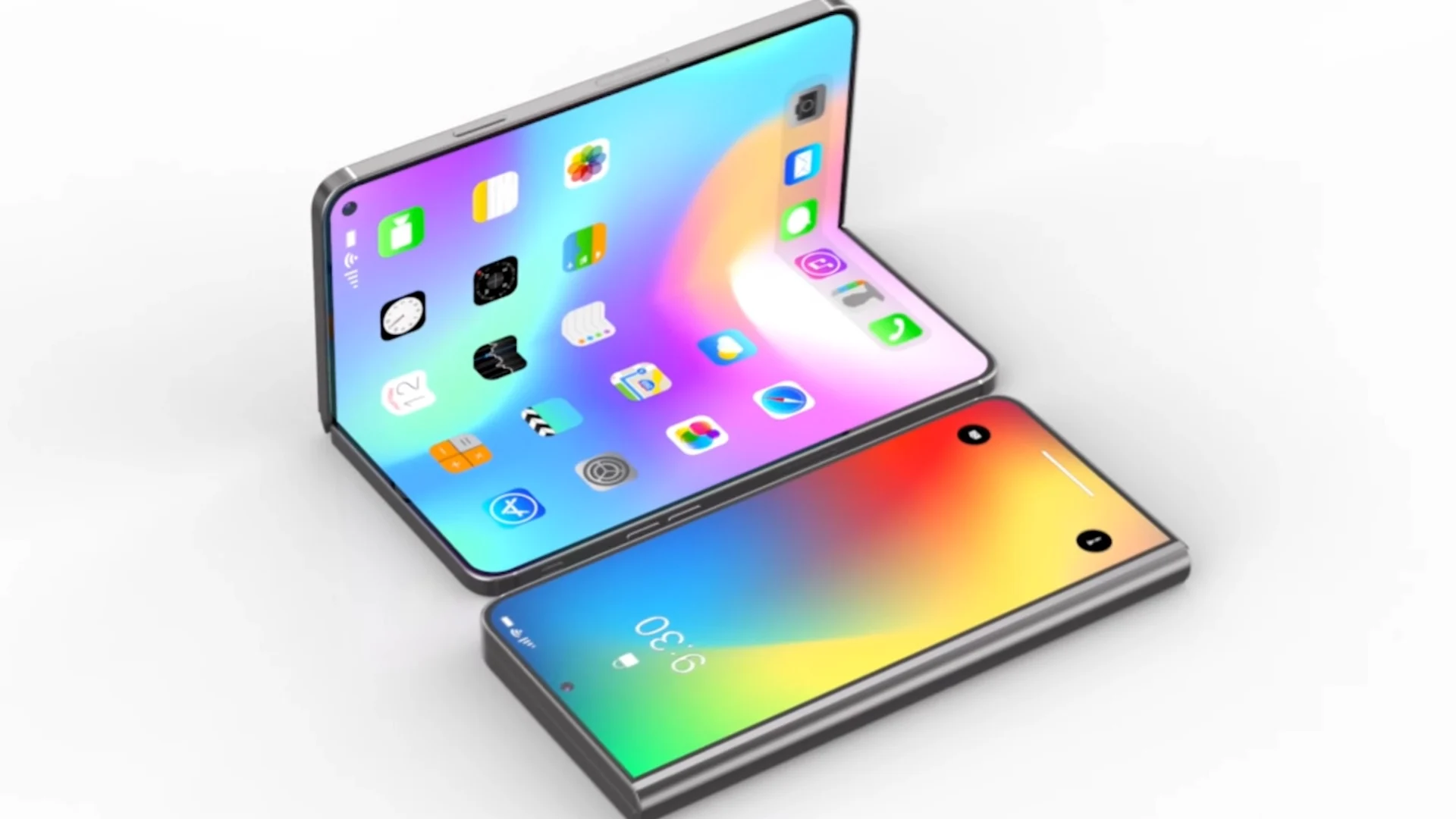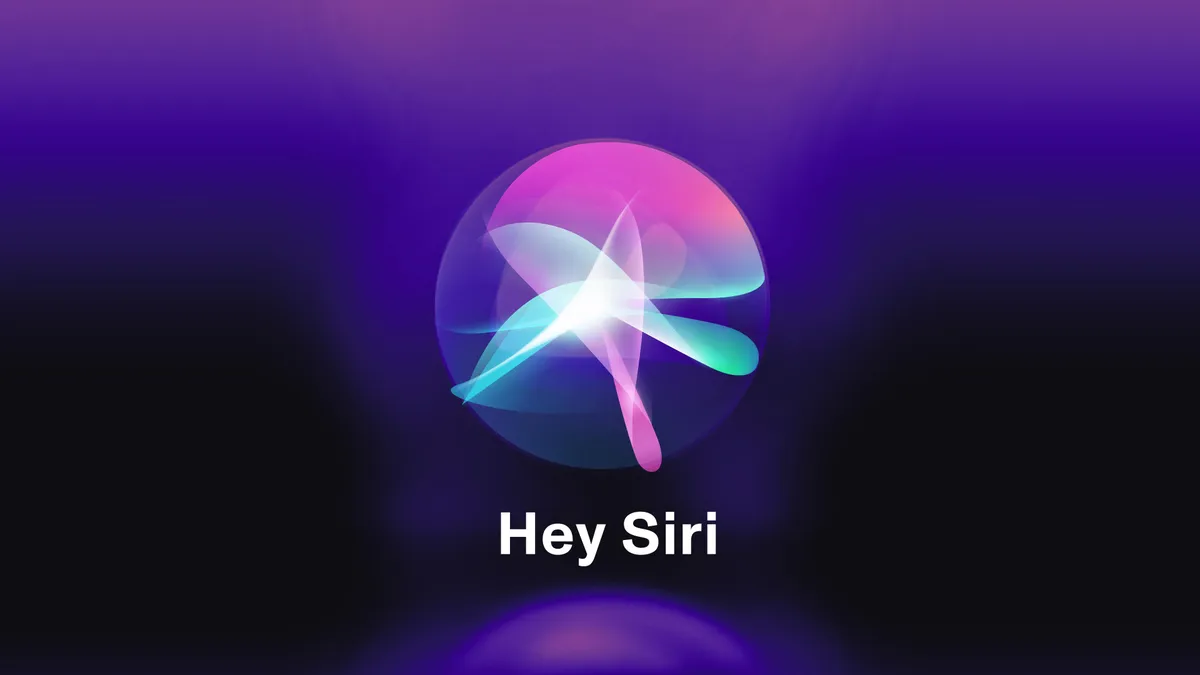Apple is making its Mac computers smarter by adding new chips designed for artificial intelligence (AI). These chips, part of the M4 series, help Macs handle complex tasks like video editing and data analysis faster. The upgraded Neural Engine in these chips powers Apple Intelligence, a set of AI features that work directly on the device for better privacy.
This means users can enjoy smoother performance for creative and professional work. The MacBook Pro, MacBook Air, iMac, Mac mini, and Mac Studio already use M4 chips, with the Mac Pro expected to get an update by late 2025. These advancements make Macs ideal for both everyday users and professionals needing high performance.
On another note, Apple Card holders in the U.S. can now enjoy a special offer: a three-month free trial of Uber One, valued at $30. This deal, available until July 31, 2025, gives users benefits like free delivery on Uber Eats orders over $15 and discounts on rides.
To claim it, cardholders need to activate the offer through the Uber or Uber Eats app by June 30, 2025. This perk adds value for Apple Card users, making dining and travel more convenient. By combining powerful AI-driven Macs with exclusive Apple Card benefits, Apple continues to enhance user experiences in both technology and lifestyle.

